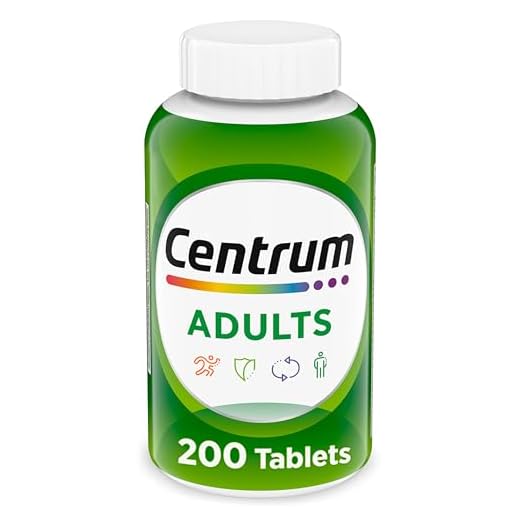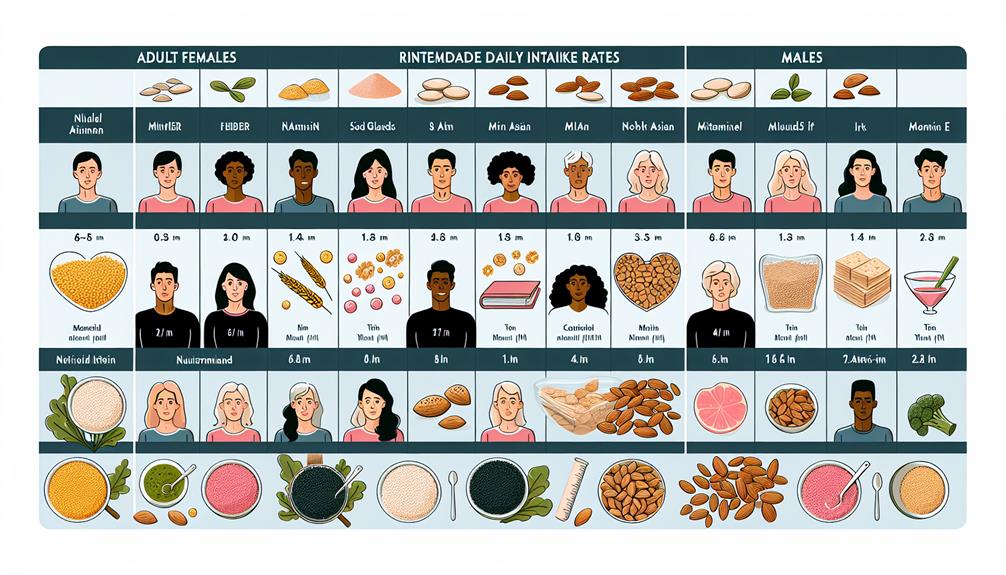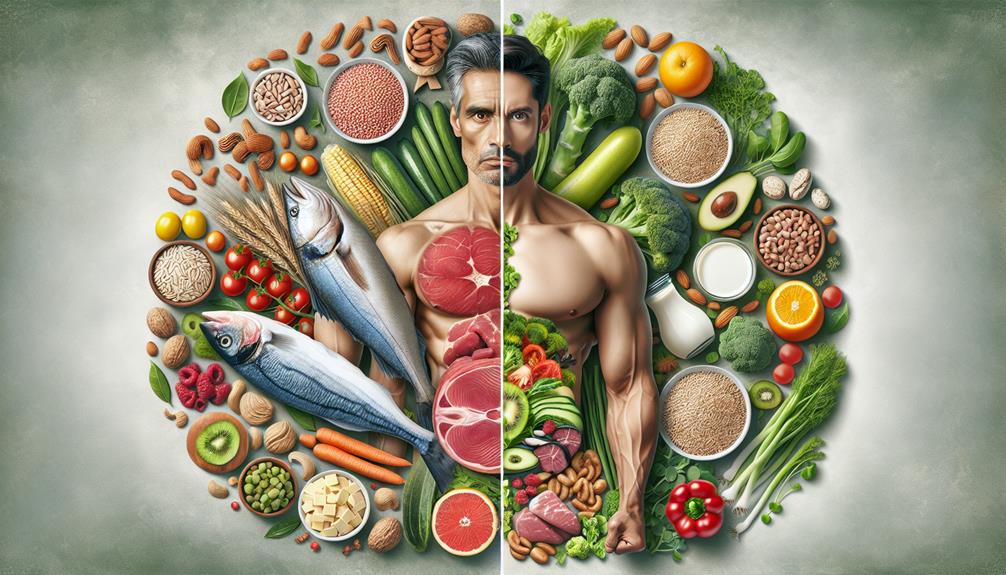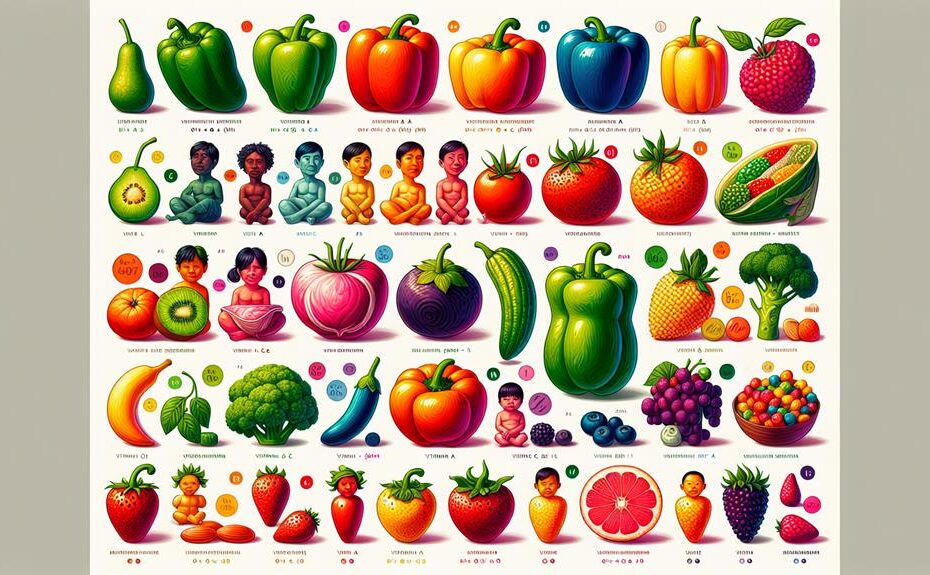







Age and gender impact your body's vitamin and mineral needs. Children need nutrients for growth like iron and calcium. Teenagers with growth spurts require more vitamins like A, C, and E. Adults need a balanced diet for minerals crucial for bodily functions. Seniors should adjust vitamin intake and consider supplements. Gender plays a role, with men needing more protein and women needing extra iron. Pregnancy demands a focus on folic acid and calcium. Understanding these differences helps in meeting your specific nutritional needs effectively.
Key Takeaways
- Age influences varying nutrient needs throughout life stages.
- Gender-specific requirements exist due to hormonal and metabolic differences.
- Children, teenagers, adults, and seniors have distinct vitamin and mineral needs.
- Men may require more protein, while women may need additional iron.
- Consult healthcare providers for personalized advice on age and gender-specific nutrient requirements.
Childrens Nutritional Needs
When catering to children's nutritional needs, it is important to make sure they receive sufficient amounts of vitamins and minerals essential for their growth and development. Toddlers have specific nutrient needs that differ from adults, requiring a diet rich in iron, calcium, and vitamin D to support their rapid growth and bone development. However, toddlers are notorious for being picky eaters, which can make meeting these requirements challenging. It is essential to offer a variety of nutrient-dense foods and be patient with their changing preferences.
For infants, breast milk is the gold standard for nutrition due to its perfect blend of nutrients and immune-boosting properties. Breastfeeding provides numerous benefits, including reducing the risk of infections and promoting bonding between the infant and mother. In some cases, pediatricians may recommend vitamin supplements for breastfed infants to make sure they are receiving adequate levels of essential nutrients like vitamin D. Overall, understanding and meeting children's specific nutrient needs are important for their overall health and well-being.
Teenage Vitamin Requirements
Meeting the vitamin requirements of teenagers is essential for supporting their growth and overall health during this period of rapid development. Teenagers, especially those going through adolescent growth spurts, have increased needs for certain vitamins to support their development. Vitamins such as A, C, D, E, and the B-vitamins play pivotal roles in bone growth, immune function, energy metabolism, and overall health during this critical stage of life.
Teenage athletes, in particular, have higher vitamin requirements due to the increased physical demands they place on their bodies. Vitamins like B complex vitamins, vitamin D, and antioxidants are crucial for supporting energy production, muscle function, and recovery. Ensuring that teenage athletes consume a nutrient-rich diet that meets their increased vitamin needs is key to optimizing their performance and supporting their overall health.
Incorporating a variety of nutrient-dense foods such as fruits, vegetables, whole grains, lean proteins, and dairy products can help teenagers meet their vitamin requirements and support their growth and development during this crucial stage of life.
Adult Mineral Intake

To maintain peak health and well-being, adults need to make sure they meet their daily mineral intake requirements through a balanced diet rich in essential minerals. Following dietary guidelines that emphasize the consumption of foods high in minerals like calcium, magnesium, potassium, and iron is important for supporting various bodily functions. These minerals play essential roles in muscle function, bone health, nerve transmission, and oxygen transport, among other essential processes.
Poor mineral intake can lead to deficiencies that may impact overall health. Ensuring adequate nutrient absorption is key to maximizing the benefits of these minerals. Factors such as age, gender, and individual health conditions can influence how well minerals are absorbed by the body. As a result, it is essential to consume a diverse range of mineral-rich foods to meet daily requirements effectively.
Meeting adult mineral intake recommendations can help prevent deficiencies and support good health. By incorporating a variety of nutrient-dense foods into your diet, you can promote proper mineral absorption and contribute to overall well-being.
Senior Vitamin Recommendations
For seniors to maintain excellent health and well-being, understanding the recommended vitamin intake becomes essential. As individuals age, their bodies may require adjustments in vitamin intake to support their changing nutritional needs. Elderly supplement choices should be made carefully, considering factors such as decreased absorption rates and potential interactions with medications commonly taken by seniors. It is recommended for seniors to consult with healthcare providers or registered dietitians to determine the most suitable vitamin supplements for their individual needs.
In addition to supplements, senior dietary adjustments can also play an important role in meeting vitamin requirements. Older adults may benefit from consuming more vitamin-rich foods such as fruits, vegetables, lean proteins, and whole grains. These dietary adjustments not only provide essential vitamins but also offer a wide range of nutrients important for overall health and well-being.
Gender-Specific Nutritional Needs

Understanding the unique nutritional needs based on gender is crucial for maximizing overall health and well-being. Hormonal influences play a significant role in shaping these differences. For example, women may have higher iron requirements due to menstruation, while men may need more zinc for peak testosterone levels. Metabolic variances between genders also impact nutrient needs. Men generally have higher muscle mass and metabolic rates, potentially requiring more protein and certain vitamins. On the other hand, women's bodies may prioritize fat storage for reproductive functions, influencing their need for specific nutrients.
Gender-specific dietary patterns can further affect nutritional needs. Men tend to consume more calories and protein, while women often focus on diets rich in fruits and vegetables. Additionally, differences in nutrient absorption between genders can impact requirements. For instance, women typically absorb non-heme iron less efficiently than men, necessitating higher intake levels. By recognizing and addressing these gender-specific nuances in nutritional needs, individuals can better tailor their diets to support peak health and well-being.
Pregnancy and Nutrient Requirements
During pregnancy, your body's nutrient requirements undergo significant changes to support the development of the fetus and ensure maternal health. Prenatal nutrition plays a pivotal role in ensuring a healthy pregnancy and reducing the risk of complications for both you and your baby. Adequate intake of essential nutrients such as folic acid, iron, calcium, and omega-3 fatty acids is essential during this time.
Maternal health during pregnancy is directly influenced by the quality of nutrition you receive. Folic acid is vital for preventing neural tube defects in the developing fetus, while iron supports the increased blood volume necessary for both you and your baby. Calcium is important for the development of strong bones and teeth in the fetus, and omega-3 fatty acids support brain and vision development.
Maintaining a balanced diet that includes a variety of fruits, vegetables, whole grains, lean proteins, and dairy products is key to meeting your increased nutrient needs during pregnancy. Consulting with a healthcare provider for personalized guidance on prenatal nutrition can further support maternal health and the well-being of your growing baby.




